The stunning beauty of the Greek Islands often captures the hearts of travelers from around the globe. However, after experiencing significant declines in tourist numbers, these enchanting destinations are now Greek islands missing tourists and yearning for the familiar buzz. The serene landscapes, striking sunsets, and vibrant culture seem to long for human connection once more. Local communities face challenges without their beloved visitors, who not only support the economy but also enrich the vibrant atmosphere. As the world slowly opens up again, the islands hope to welcome travelers with open arms, offering tranquility and richness in every moment.
Main Points
- The impact of tourism on local economies.
- The cultural significance of visitors to the islands.
- The beauty and serenity that remain unexperienced without tourists.
- The hopes and expectations for a renewed influx of travelers.

The Economic Impact of Tourism on the Greek Islands: A Local Perspective
The enchanting Greek islands thrive significantly on the influx of tourists, creating a unique economic dynamic. Local businesses, from quaint tavernas to luxury resorts, flourish due to this vibrant tourism sector. Nevertheless, the dependence on tourism also raises questions about sustainability. The local community often faces both benefits and challenges. Thus, examining this balance becomes essential. Here are some important aspects to consider:
- Job Creation: The tourism industry is a prominent source of employment, providing countless opportunities for locals.
- Economic Growth: Increased tourist spending stimulates local economies, often leading to infrastructural improvements.
- Sustainability Challenges: Over-reliance on tourism can strain natural resources, raising concerns about long-term viability.
This complex interplay between tourism and local prosperity underscores the need for a strategic approach to ensure the Greek islands continue to flourish.
Related content:
Tourism Crisis: The Impact of Missing Tourists on the Greek Islands
The Greek Islands and Missing Tourists: Challenges in 2024
Why the Greek Islands Are Missing Tourists?
Greek Islands Missing Tourists: What’s Behind the Decline in 2024?
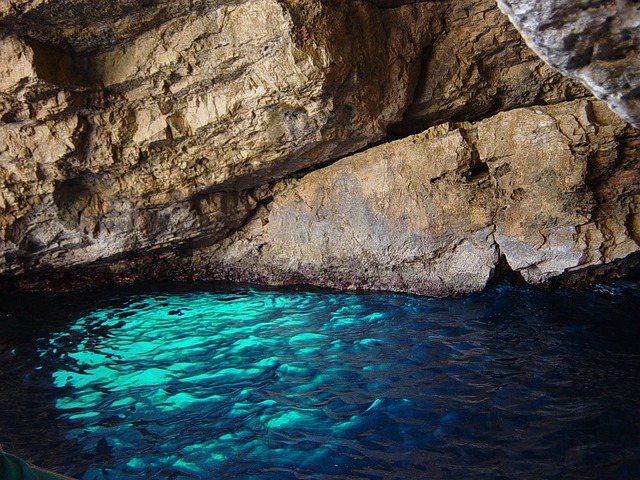
Rediscovering Tranquility: How COVID-19 Changed Tourist Preferences
The COVID-19 pandemic has profoundly reshaped tourist preferences, steering them towards a renewed appreciation for tranquility. As crowded landmarks became a reminder of vulnerability, travelers began to seek out serene destinations that offer solitude and peace. Nature-based experiences, such as hiking in remote areas or relaxing on secluded beaches, have surged in popularity. Consequently, the focus has shifted towards destinations that prioritize wellness and sustainability, encouraging a deeper connection with both the environment and oneself.
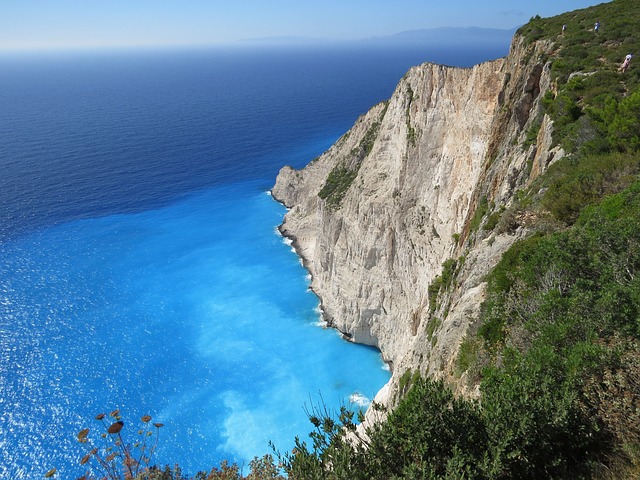
Sustainable Tourism Practices: Protecting the Natural Beauty of the Greek Isles
Sustainable tourism practices are essential for preserving the breathtaking landscapes of the Greek Isles. These approaches promote environmentally friendly policies, ensuring that locals and visitors coexist harmoniously. For instance, selecting eco-friendly accommodations can significantly reduce a tourist’s environmental footprint. Moreover, supporting local businesses helps maintain cultural authenticity while stimulating the economy. Responsible travel choices are crucial; by minimizing waste and respecting natural habitats, we honor the islands’ pristine setting. Ultimately, the fate of these paradisiacal locations hinges on our collective efforts.
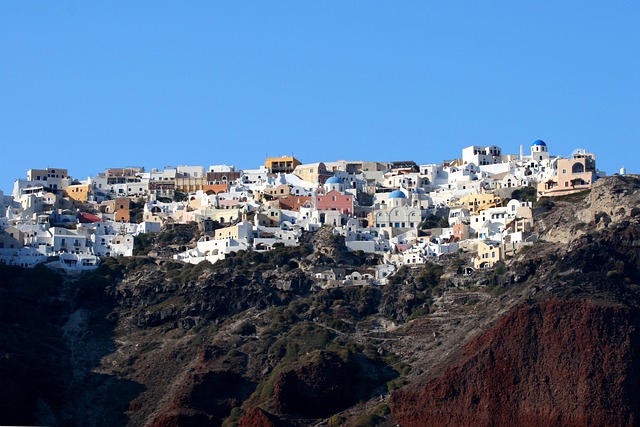
Cultural Heritage and Its Role in Attracting Discerning Travelers
Travelers increasingly seek authentic experiences, and cultural heritage stands out as a vital component. Historic sites embody stories that resonate with visitors, creating a unique connection. This allure is particularly appealing to discerning travelers who value depth over superficiality. Exploring local customs and traditions fosters an appreciation for diversity, enhancing their journey. By engaging with cultural heritage, tourists discover a sense of purpose and authenticity, which enriches their travels in profoundly meaningful ways.
Key Elements of Cultural Heritage
- Historical Sites: Locations that showcase the past, offering insights into a region’s evolution.
- Local Traditions: Practices that reflect the unique identities of communities, enhancing visitors’ understanding.
- Artistic Expressions: Music, dance, and crafts that capture the essence of a culture, providing immersive experiences.
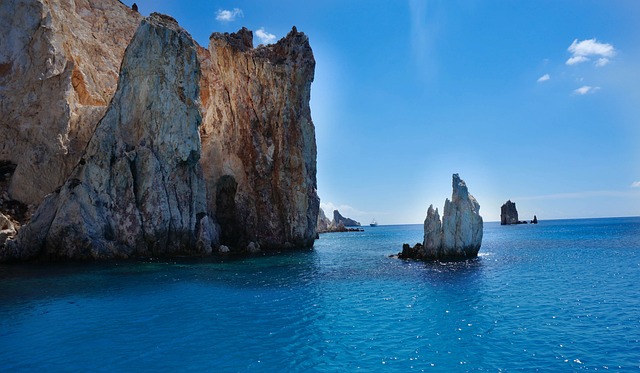
The Rise of Off-Peak Travel: Why Autumn is the New Summer for Greek Islands
As summer crowds dissipate, autumn unveils a different charm in the Greek Islands. Travelers increasingly recognize the allure of off-peak travel, where milder temperatures and vibrant landscapes create an idyllic backdrop. The crystal-clear waters remain inviting, yet the beaches feel like hidden gems. Not to mention, local festivities emerge, offering a taste of culture often absent in peak season. With lower prices and fewer tourists, autumn transforms into a serene escape, allowing for deeper connections with the enchanting Greek heritage.
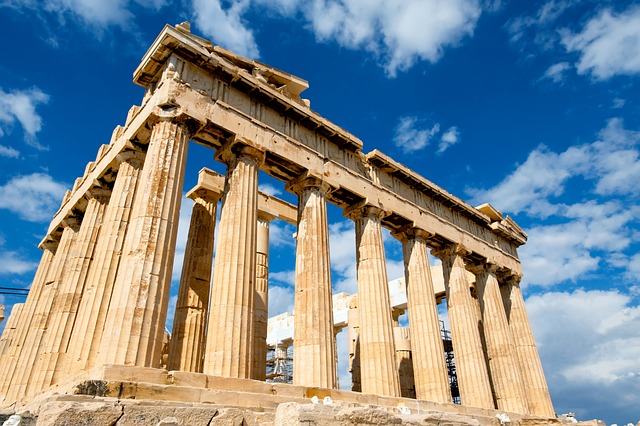
Health and Safety Measures: Ensuring a Safe Return for Tourists in Greece
Greece has introduced comprehensive health and safety measures to safeguard tourists as they return. With protocols in place, visitors can feel confident exploring the stunning landscapes and rich history. These measures include regular sanitization of popular sites, mandatory mask-wearing in crowded areas, and physical distancing guidelines. Such initiatives not only prioritize safety but also enhance the overall experience. It’s evident that Greece values its guests’ well-being above all else.
“Health is the greatest gift, contentment the greatest wealth, faithfulness the best relationship.” – Buddha
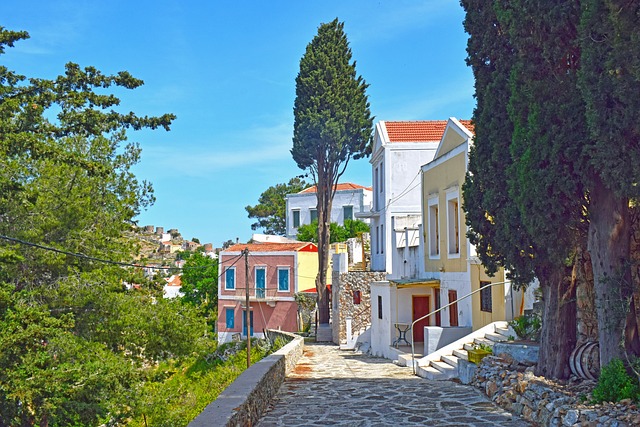
The Future of Greek Island Tourism: Trends and Expectations Post-Pandemic
The landscape of Greek island tourism is evolving, shaped significantly by the recent pandemic. As travelers seek more meaningful experiences, several key trends are emerging that are likely to redefine this beloved sector. Increased demand for sustainable travel options reflects a broader global shift towards environmental consciousness. Additionally, there is a growing inclination for personalized experiences, steering visitors away from mass tourism. Finally, digital innovations make navigating these stunning islands easier than ever before.
- Local Engagement: Tourists increasingly prefer to immerse themselves in the culture, opting for local guides and authentic experiences.
- Health Precautions: Enhanced health measures will remain a priority, ensuring that safety is paramount for future visitors.
- Flexible Booking: Travelers now favor flexibility in their travel plans, seeking options that adapt to changing circumstances.

Frequently Asked Questions
Why are the Greek islands experiencing a decline in tourism?
Several factors contribute to the decline in tourism, including global events, changing travel habits, and increased competition from other destinations.
What impact does the lack of tourists have on local economies?
The absence of tourists can lead to reduced income for local businesses, job losses in the hospitality sector, and decreased funding for community services.
Are there any efforts being made to attract more tourists to the Greek islands?
Yes, local governments and tourism boards are implementing various marketing strategies, promoting unique experiences, and enhancing infrastructure to appeal to potential visitors.
What are some lesser-known Greek islands worth visiting?
Islands such as Naxos, Milos, and Skopelos offer beautiful landscapes, rich history, and a more authentic Greek experience away from the usual tourist crowds.
How can travelers help support the communities on the Greek islands?
Travelers can support local communities by choosing to stay in locally-owned accommodations, dining at family-run restaurants, and participating in community-based tours and activities.
